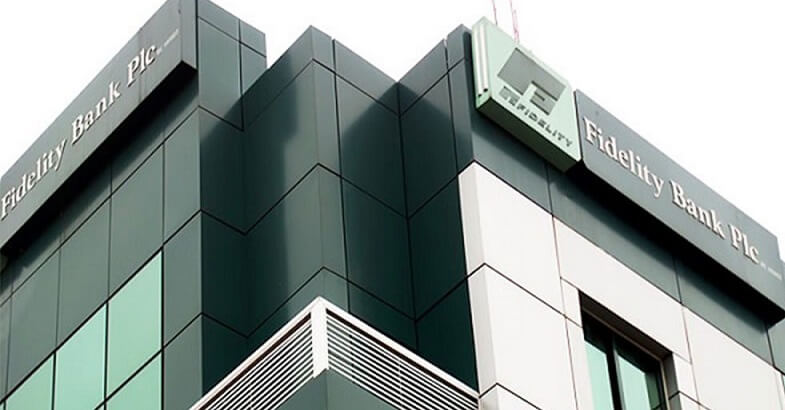By Cynthia Ezekwe
The Securities and Exchange Commission (SEC) has said that the implementation of the Pan-African Payment Settlement System(PAPSS) will boost intra-African trade and foster diversification within the capital market.
Okey Umeano, head, office of the chief economist of SEC disclosed this recently while addressing newsmen in Abuja, Nigeria’s capital city.
PAPS was developed by African Export-Import Bank (Afreximbank), and launched in January 2022 in Accra, Ghana, with the objective to boost intra-African trade by transforming and facilitating payment, clearing and settlement for cross-border trade across Africa.
According to Afreximbank, PAPSS provides the solution to the disconnected and fragmented nature of payment and settlement systems that have long impeded intra-African trade.

PAPSS enables instant payments across African borders in local currency. Its three core processes are instant payment, pre-funding, and net settlement. With this new system, businesses will no longer need to convert local currencies to foreign currencies before they can make purchases across the continent, significantly reducing the amount of time it will take to complete a transaction. PAPSS will make and process payments within two minutes.
Prior to the implementation of PAPSS, over 80 per cent of African cross-border payment transactions are processed in the United States but have their recipients in other regions. The Asia-Pacific and Europe, the non-Eurozone regions account for a combined 52 per cent of where the payments are eventually transferred, compared to only 17 per cent for Africa. That posed multiple challenges, ranging from payment delays to operational inefficiencies and compliance concerns for the disparate regional payment systems.
Godwin Emefiele of the Central Bank of Nigeria, disclosed that the reliance on these third-party currencies, like the U.S. dollar, pounds, and euro, destabilises Africa’s foreign exchange market and causes problems for the manufacturing sector, while noting that Without an efficient and functioning payment system, Africa cannot effectively facilitate international or regional trade, which makes PAPSS an important tool to resolve payment bottlenecks.
In light of this, The Nigerian Exchange (NGX) and the Pan-African Payment Settlement System had earlier signed a Memorandum of Understanding (MoU) to support cross-border payments across capital markets in Africa.
According to Umeano,the implementation of the MoU will improve opportunities for diversification and enable markets to perform better.
“This MoU begins to implement something that we have been very excited about. PAPSS makes it easy to trade across Africa. It makes Intra-African trade more efficient and we have always wanted it; It was created initially for just the usual everyday trade but we have always wanted it for the capital market because we think that if we can link the exchanges and the markets across the continent, we will have a bigger opportunity set for everybody, so we have been working on that,’’ chief economist of SEC said.
Umeano also commended the NGX for taking the bold step, stating that the MoU allows them to stick this up with the Ghana stock exchange and hopes that other exchanges and other market players will key in and take this opportunity.
“If I want to buy a Ghanaian stock, do I have to change my naira to dollars, and then from dollars back to cedis and all that? These are the problems, but with PAPSS, we can make the trade more efficient and easier. I can trade in naira, and whoever I am buying from in Ghana, or wherever in Africa receives in the local currency, so this is a good thing, and we thank AfreximBank,’’ Umeano added.
He further added that the implementation will improve opportunities for diversification and enhance the performance of markets, while pointing out that investment across the markets in the region will improve returns, and boost investors’ portfolios.
 In addition, the augmented financing facility is expected to allow Fidelity Bank to scale up and accelerate its activities and programmes in trade and related activities.
In addition, the augmented financing facility is expected to allow Fidelity Bank to scale up and accelerate its activities and programmes in trade and related activities.






